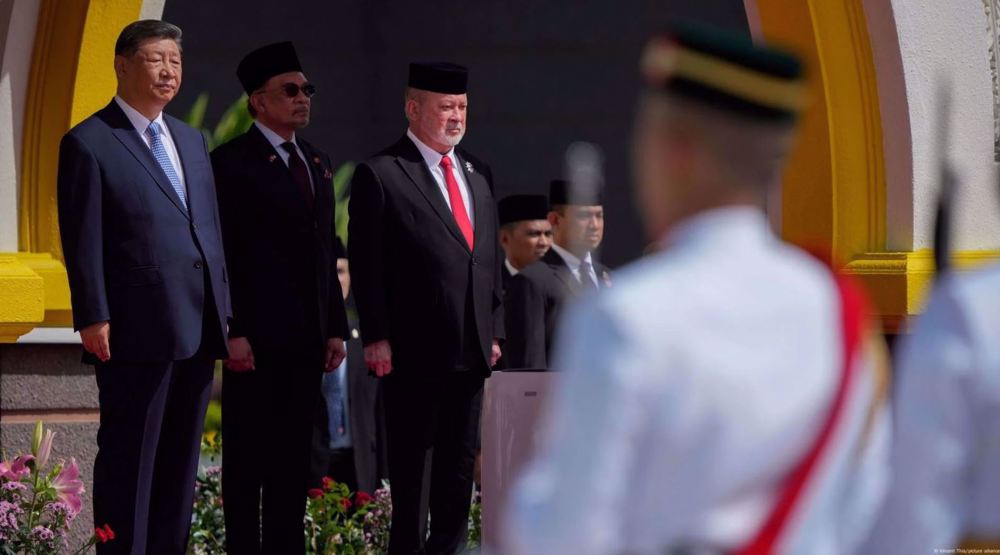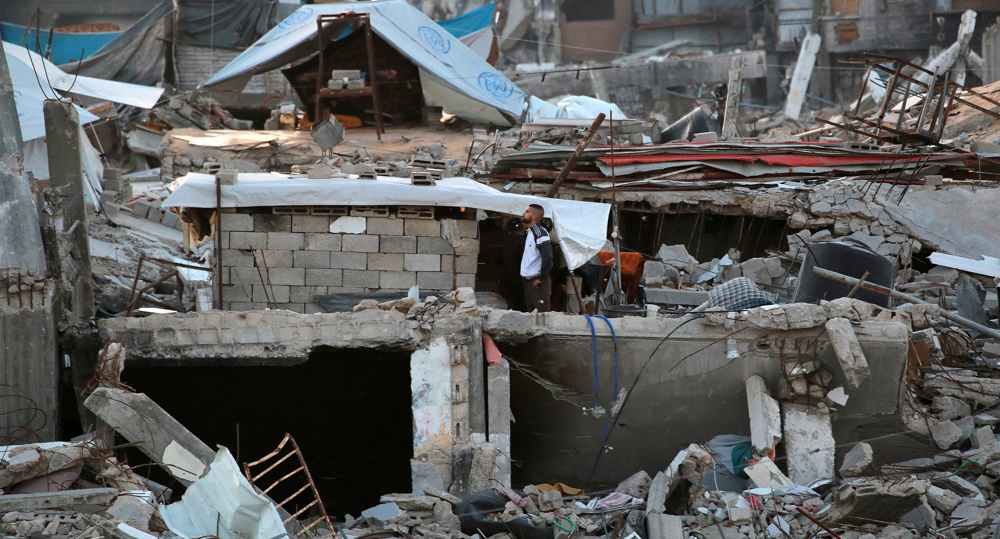Myanmar bans officials from using 'Rohingya'
Myanmar’s Information Ministry has banned government officials from using the term "Rohingya" to describe a persecuted Muslim minority in the country.
According to a secret letter issued by the ministry and seen by AFP Tuesday, officials must refer to the oppressed Muslim minority as "people who believe in Islam" rather than by their name.
Some Buddhist extremist groups also bitterly oppose the use of the term Rohingya to describe the million-strong minority. Buddhist extremists instead label the Rohingya Muslims 'Bengalis', shorthand for illegal migrants from neighboring Bangladesh.
The order by Myanmar’s Information Ministry is meant to head off disquiet during an ongoing visit by UN Special Rapporteur on Myanmar Yanghee Lee.
"Rohingya or Bengali shall not be used," during Lee's visit, the letter said, adding, "Instead, 'people who believe in Islam in Rakhine State' shall be used."
The UN envoy is expected to visit the strife-torn northwestern state of Rakhine, home to most of Myanmar's 1.1 million Rohingya Muslims, later this week. Last year, Lee’s trip was marred by a hardline Buddhist monk who insulted her for criticizing the treatment of the Rohingya.
The UN human rights office has recently warned that human rights violations against the Rohingya could amount to crimes against humanity.
In a report released on June 20 on the situation of minorities in Myanmar, the UN body said it had found "a pattern of gross human rights violations against the Rohingya ... (which) suggest a widespread or systematic attack ... in turn giving rise to the possible commission of crimes against humanity if established in a court of law."

The report also stated that the Rohingya have been subjected to multiple and aggravated forms of human rights violation, including citizenship denial, forced labor and sexual violence.
The report called on Myanmar’s government to launch an independent and comprehensive investigation into all rights abuses against the Rohingya Muslims.
Halt to ongoing violations must be top priority: UN
United Nations High Commissioner for Human Rights Zeid Ra'ad Zeid al-Hussein has warned that discrimination against Muslims in Myanmar has been extensive and rampant.
"It will not be easy to reverse such entrenched discrimination," Zeid stated, adding, "It must be a top priority to halt ongoing violations and prevent further ones taking place against Myanmar's ethnic and religious minorities."
There has been an increase in religious intolerance and incitement to hatred by ultra-nationalist Buddhist groups in Myanmar against the Rohingya.
Rohingya and other Muslims have faced torture, neglect, and repression in Myanmar for many years. A large number of the Rohingya are believed to have been killed and tens of thousands displaced in attacks by extremists who call themselves Buddhists.
Myanmar’s government refuses to recognize Rohingya Muslims as citizens and labels them as “illegal” immigrants.

China says stands with Malaysia, region in face of unilateralism

Maldives bans entry of Israelis in ‘resolute solidarity’ with Palestinians

Myanmar quake death toll passes 3,300: State media
1 killed as US keeps up deadly escalation against Yemen
ICC sues Hungary for failing to arrest fugitive Israeli war criminal Netanyahu
VIDEO | Western coverage of Israeli war on Gaza
VIDEO | US's broken commitments
VIDEO | Russia will not stand idly by if Iran is attacked
Iran repeats call on IAEA to clarify position on threats made against peaceful nuclear sites
China says stands with Malaysia, region in face of unilateralism
UN envoy urges journalists to speak out on Gaza genocide












 This makes it easy to access the Press TV website
This makes it easy to access the Press TV website